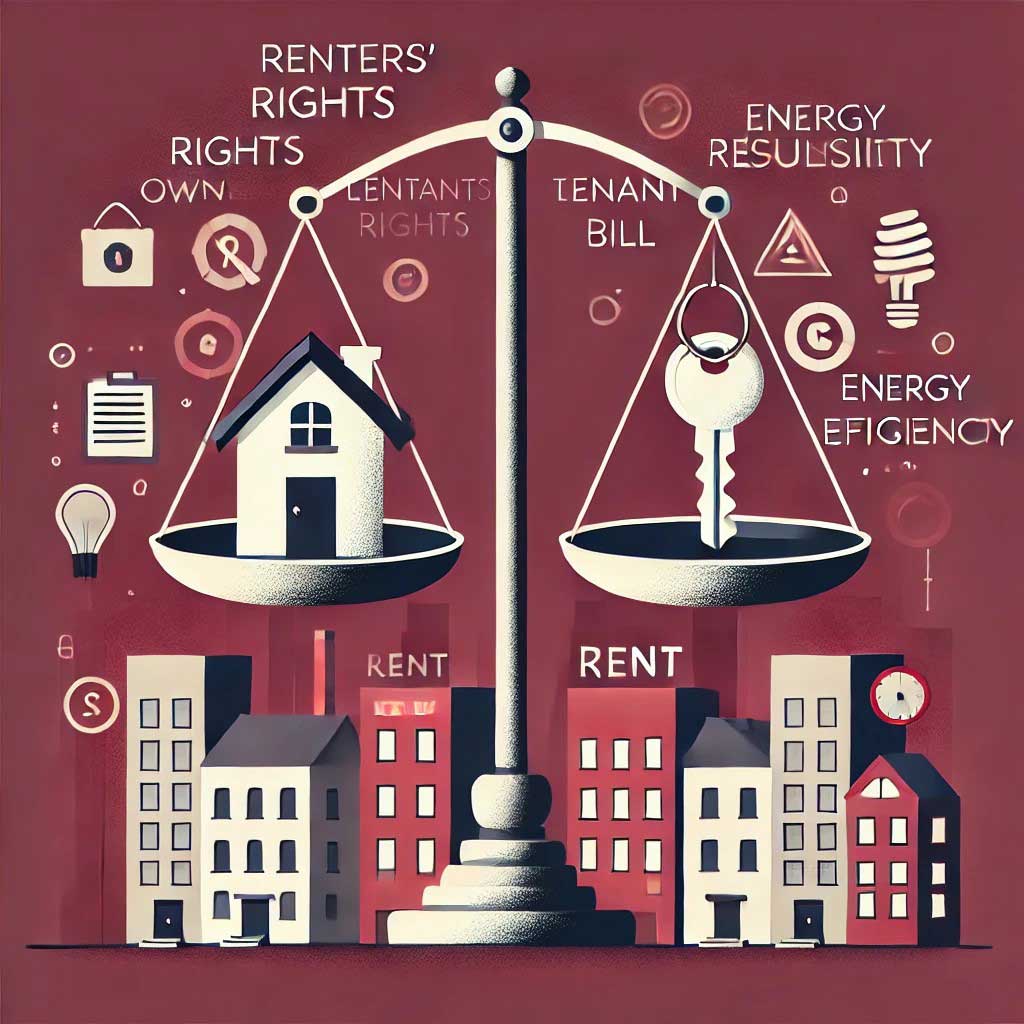The Renters Rights Bill – What Landlords Need to Know Now
The government’s Renters (Reform) Bill is set to change the rental sector more than any legislation in a generation. For landlords, it’s crucial to understand what’s coming and prepare early.
The government’s Renters (Reform) Bill is set to change the rental sector more than any legislation in a generation. For landlords, it’s crucial to understand what’s coming and prepare early.
Self-managing a rental property can seem like a cost-saving choice, but the reality often proves the opposite. With new legislation on the horizon and compliance becoming increasingly complex, more landlords are turning to professional management.
Interest rates and stamp duty have a huge influence on the property market. Recent changes have created both challenges and opportunities for buyers and sellers.
The East London property market continues to evolve, with demand influenced by affordability, lifestyle changes, and government policy.
East London continues to be one of the most dynamic rental markets in the UK. Strong tenant demand from professionals, students, and families keeps rental values high, but the market is also evolving.
Today’s tenants expect more from their rental homes. Meeting these expectations helps landlords secure better tenants, higher rents, and fewer voids.
Compliance has become one of the biggest challenges facing landlords. With fines, invalid notices, and tribunal cases on the line, cutting corners isn’t an option.
Deputy Prime Minister Angela Rayner led the second reading of the Renters’ Rights Bill in Parliament, marking the first time the bill has been debated since its introduction in September. Rayner emphasized the Bill’s primary goal: to ensure that every tenant has access to “a decent, safe, and affordable home.”

Ending Section 21 “no-fault” evictions was central to the discussion. Rayner noted that many tenants “live in fear of Section 21,” and abolishing it would provide greater stability for families.

The Renters’ Rights Bill introduces significant reforms to the private rental sector, many of which enhance tenant security and protection. However, the Bill also raises concerns for landlords, particularly regarding the abolition of Section 21, extended notice periods, increased compliance burdens, and potential financial losses from rent arrears and tribunal

These reforms mark a significant shift in property law, enhancing the rights and protections of leaseholders. By making the system more transparent and equitable, the government aims to address longstanding issues and improve the housing market for future generations.
The housing market has been a topic of intense scrutiny this year, with unforeseen twists and turns. As we approach the end of 2023, it’s time to ponder what lies ahead for house prices in 2024.